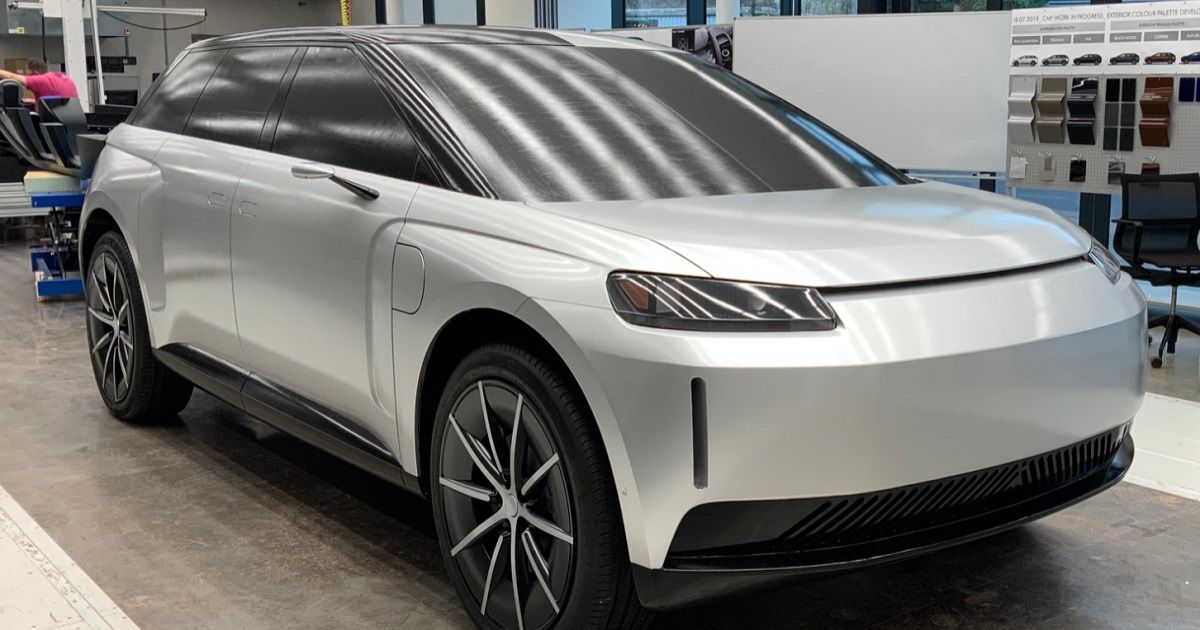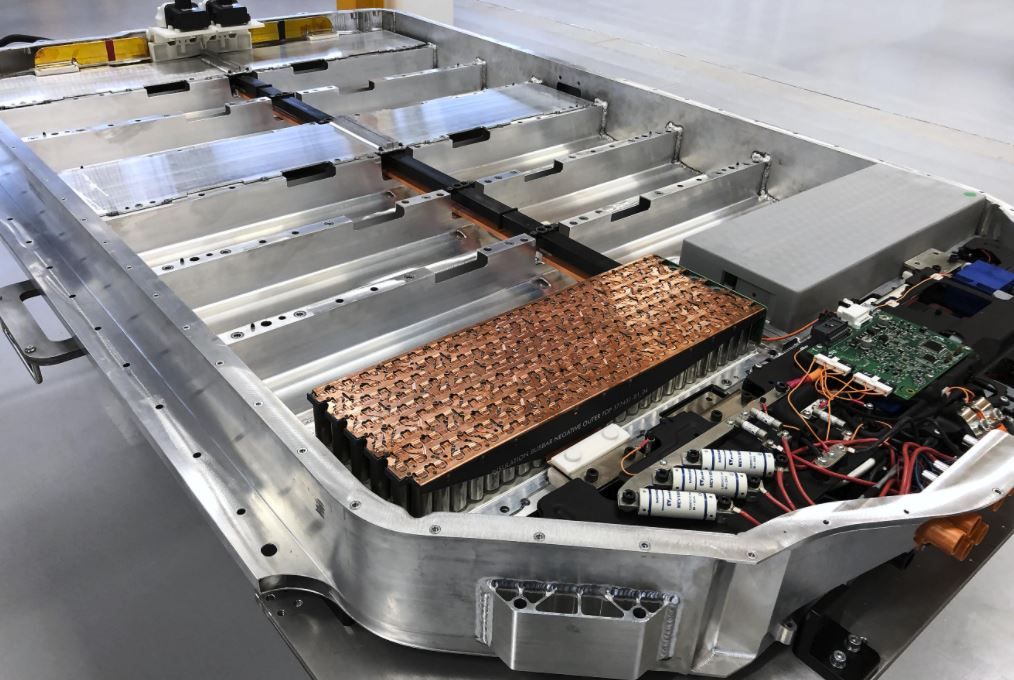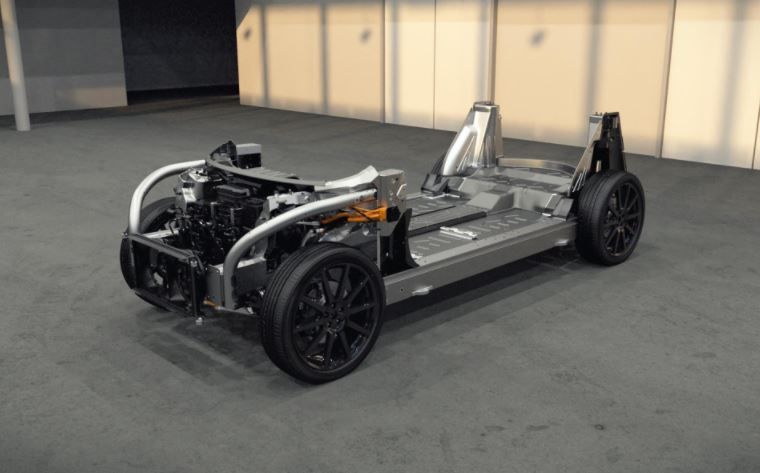Dyson is a brand well-known for its vacuums, and in recent years, its hair dryers. However, James Dyson, the founder of Dyson, took it upon himself to create his own Dyson Electric Car. Yet, he quickly pulled the plug for many reasons.
It may not have been a well-suited venture for the vacuum and hairdryer pro, and many people wonder why. Electric vehicles are tricky to master, especially if you want them to sell well against their many competitors. When you are up against the likes of Tesla, Porsche, and Audi, we imagine it can be pretty daunting.
Let's take a look at why the Dyson electric car failed.
Dyson Could Not Find Financial Backing
Every new business venture that hopes to become financially successful requires financial backing. However, James Dyson and his team couldn't find anyone willing to back his Dyson electric car concept. Sadly, we think it could have been an incredible turn for the EV market as no other business owner from another industry, such as vacuums, has bothered to create their own EV. Nonetheless, the idea failed and James Dyson quickly put an idea to his dream.
After asking multiple brands to buy into the brand and finding no hope, Dyson realized that his EV concept would not prove financially viable. However, his statements suggest that he hasn't given up hope completely. First, he wants to ensure he has created great solid-state batteries that can make an EV high-performing and reliable, which his first idea clearly was not.
Not only were companies shy of backing the Dyson electric car, but it is suggested that the suppliers did not buy into the idea either. Dyson's plan was to create an electric car that could be affordable to mass audiences. Therefore, he planned to buy parts from Singapore. Therefore maybe, the suppliers and the timings of the shipments did not align with Dyson's master plan.
What Was His Idea?
From the beginning to the end of Dyson's electric car venture, the entire thing lasted around 18 months. The team believed that they could plan, create, and release a new EV in less than 18 months. Yet, the journey didn't even last that long.
Dyson and the team wanted to create an electric car that could offer around 300 miles in range while being well designed and futuristic. Unlike other electric car companies that use lithium batteries, Dyson wanted to try something new and use his knowledge of solid-state batteries. The idea was to create a solid-state battery that could power the electric cars, which could potentially offer a longer range.
However, no company had heard of this before and was expectedly reluctant to buy into his idea. These solid-state batteries would also mean that the cars could charge a lot quicker than their competitors, which again was a huge hope. When you look at the likes of Tesla, they have been perfecting their cars, the batteries, and the range for almost a decade. Therefore, it was almost impossible to outdo the mastermind of Elon Musk and produce a perfect electric car in 18 months.
Battery testing and perfecting take years and Dyson's dream seemed way too far-fetched to become a reality.
Was Dyson Trying Too Hard?
When someone tries too hard, sometimes they don't see the reality. Although Dyson, the 109th richest man in the world, believed that he could produce a showstopping EV, it seems that he was way out of his league. He had 600 staff working for him on his electric car project, which is now a huge waste of time. Nonetheless, the Dyson brand continued producing other electric goods during the process to continue its success.
Therefore, we aren't sure whether to believe that it was a waste of time or a learning curve. Should Dyson come out with an electric car in the future, we will be excited for it nonetheless. It isn't easy being an electric car start-up, especially when you have huge names as competition. Sales and popularity of these competitors in the EV industry are climbing rapidly, so it would take a lot for Dyson's concept to dive into the game and be a success.
Dyson wants to create something revolutionary, and to do so; he needs more practice perfecting the batteries and managing the finances. The team has already spent around $200,700,000 on the project so we hope they don't mess up the second time around.
Nonetheless, Dyson's electric car concept was a great idea, but the battery efficiency and financial plans didn't quite follow through. Should he have found the right financial backing and not got too ahead of himself, maybe the concept would have been a huge success. Until then, we will be left waiting to see if Dyson has mastered his plan.




